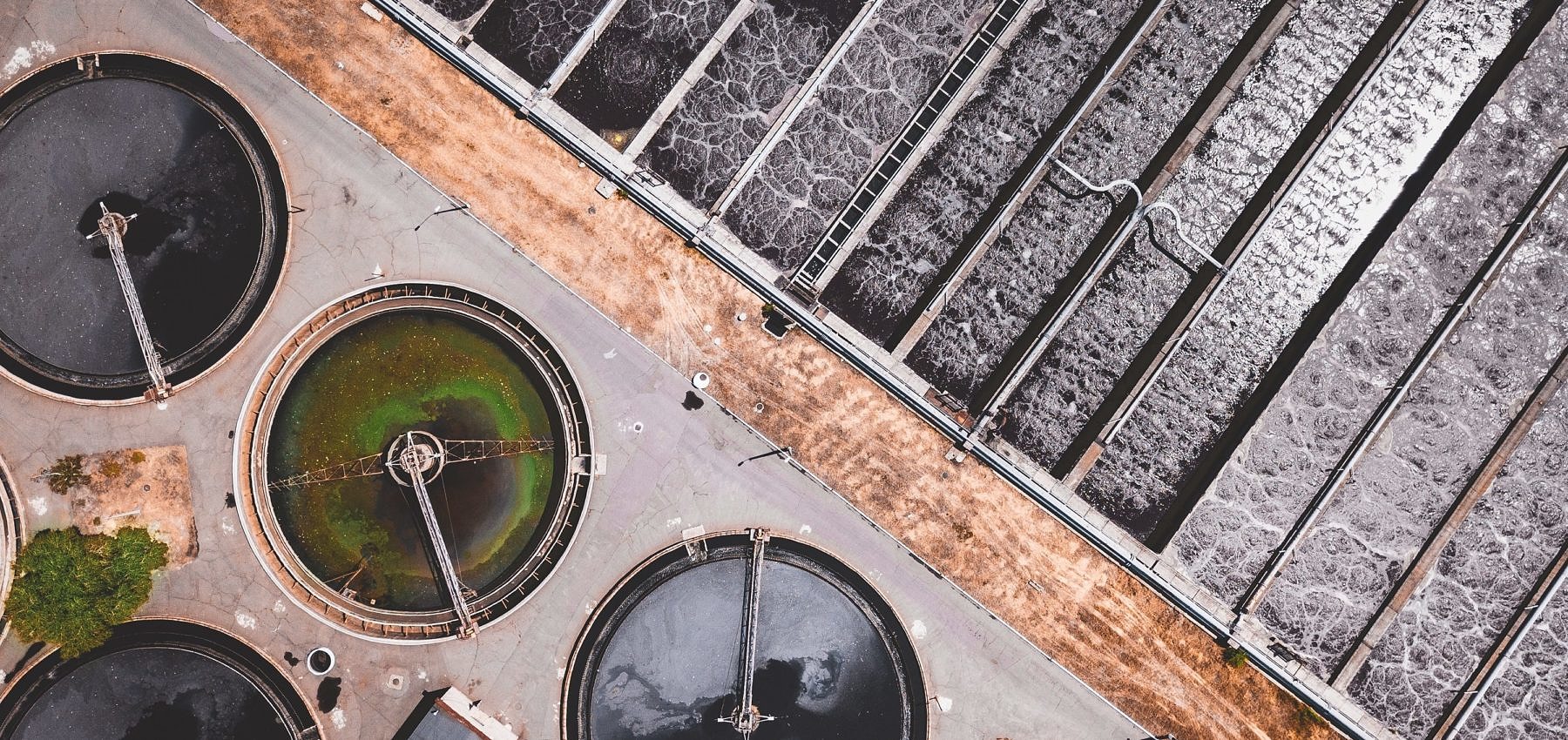This project identifies the policies and business models promoting the economically viable and sustainable use of anaerobic digestion in agriculture and the food and beverage industry.
The Farm and Energy Initiative does NOT support the use and subsidization of anaerobic digestion at Concentrated Animal Feeding Operations.
Participating students research federal and state policies governing waste management, energy generation, and pollution control, and conduct original research in the form of case studies and stakeholder interviews.
- Agricultural run-off and “overflows” from municipal wastewater systems are significant sources of nutrient pollution in our waterways, causing dangerous algal blooms and eutrophication that kill fish and other wildlife.
- Digesting manure, crop residues, food scraps, and food processing waste anaerobically can transform these sources of nutrient pollution into fertilizer, soil amendments, cow bedding, and other recycled farm products.
- Digesters also capture methane that would otherwise be released into the atmosphere. Using captured biogas as a renewable fuel reduces our reliance on fossil fuel natural gas, and uses the energy potential in the organic waste…instead of wasting it.
